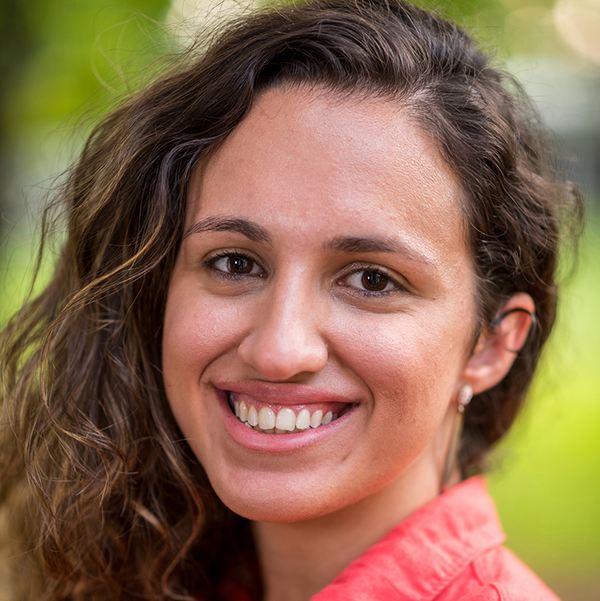
Hybrid GGIS Colloquium | A Political Economy of Urban Informality Under Racial Capitalism
- Event Type
- Lecture
- Sponsor
- Department of Geography & GIS
- Location
- 2049 Natural History Building
- Virtual
- Join online
- Date
- Nov 1, 2024 3:00 pm
- Views
- 169
- Originating Calendar
- Center for Latin American and Caribbean Studies (CLACS)
Speaker: Dr. Patricia Basile | Geography, Indiana University-Bloomington
Urban scholars have long grappled with the complexities of urban informality, and its implications for the realities of urban communities. Informality has often been understood in terms of bounded, unplanned, and unregulated spaces of the poor that require regulation to achieve formality.
Yet, important theoretical developments have expanded our understanding beyond dualist or legalist accounts to understand urban informality as an organizing logic of urban transformation (Roy, 2005) and as a site of critical analysis (Banks et al., 2020). Such conceptualizations have challenged hierarchical and fixed conceptions of urban informality to transcend exclusive focus on specific communities, locations, or practices.
This presentation builds upon these advancements by undertaking a historical political economy analysis of urban informality in São Paulo, Brazil, South America's largest city. Drawing on archival research and employing a multi-scalar approach, this research delves into the intricate web of actors, relationships, and socio-political processes that have shaped São Paulo's urban landscape. Specifically, it examines the removal processes of favelas from 1940s to 1980s, shedding light on their roles in broader processes of capital accumulation and racism through dispossession and the making of the city.
Here I am interested in the relational movements of people and capital, of wealth and dispossession across the urban realm. I thus ask the question of how capital accumulation and whiteness have shape the making of urban informality as a mode of governance in the city of São Paulo. By unpacking the interconnectedness of these processes, this research offers critical insights into the political economy of urban informality as a mode of governance under racial capitalism, not only in São Paulo but also in broader urban contexts.
The findings contribute to ongoing debates within urban studies, urban planning, and urban geography, and provide valuable perspectives for scholars, policymakers, and practitioners grappling with urban development challenges worldwide.